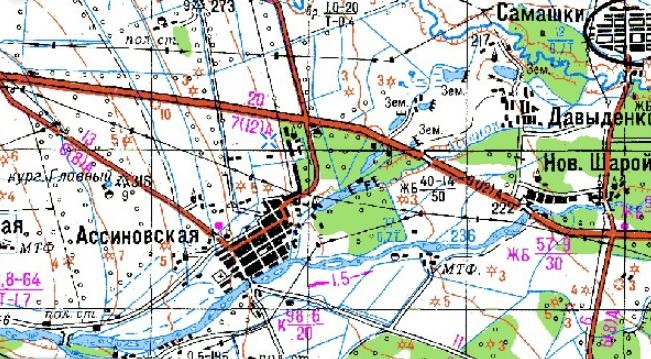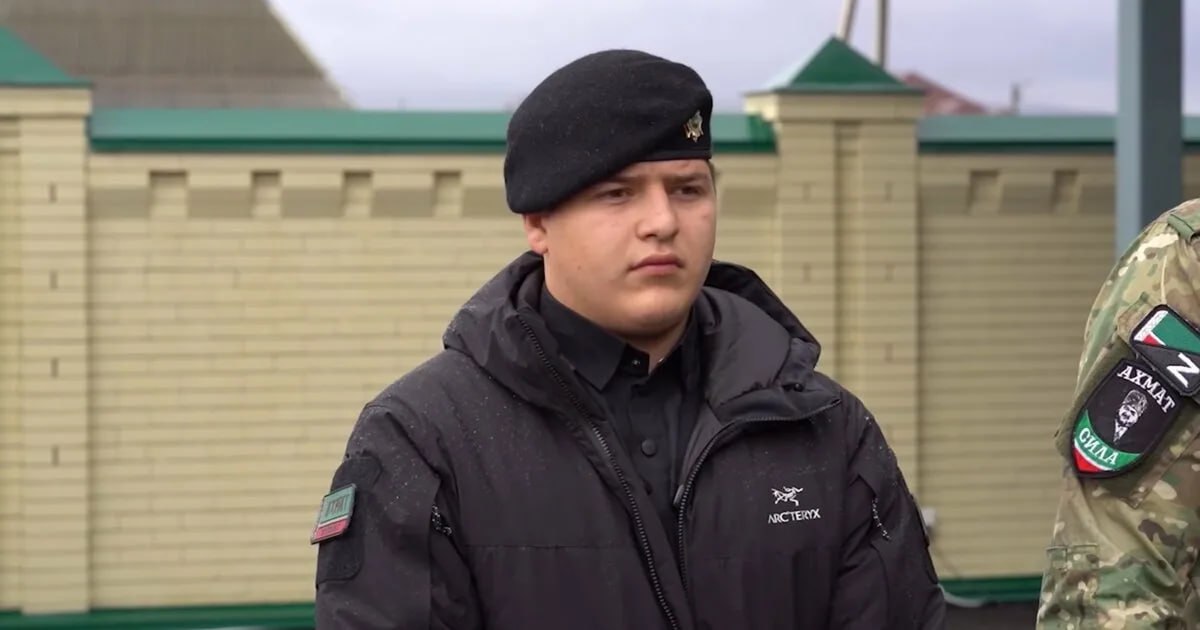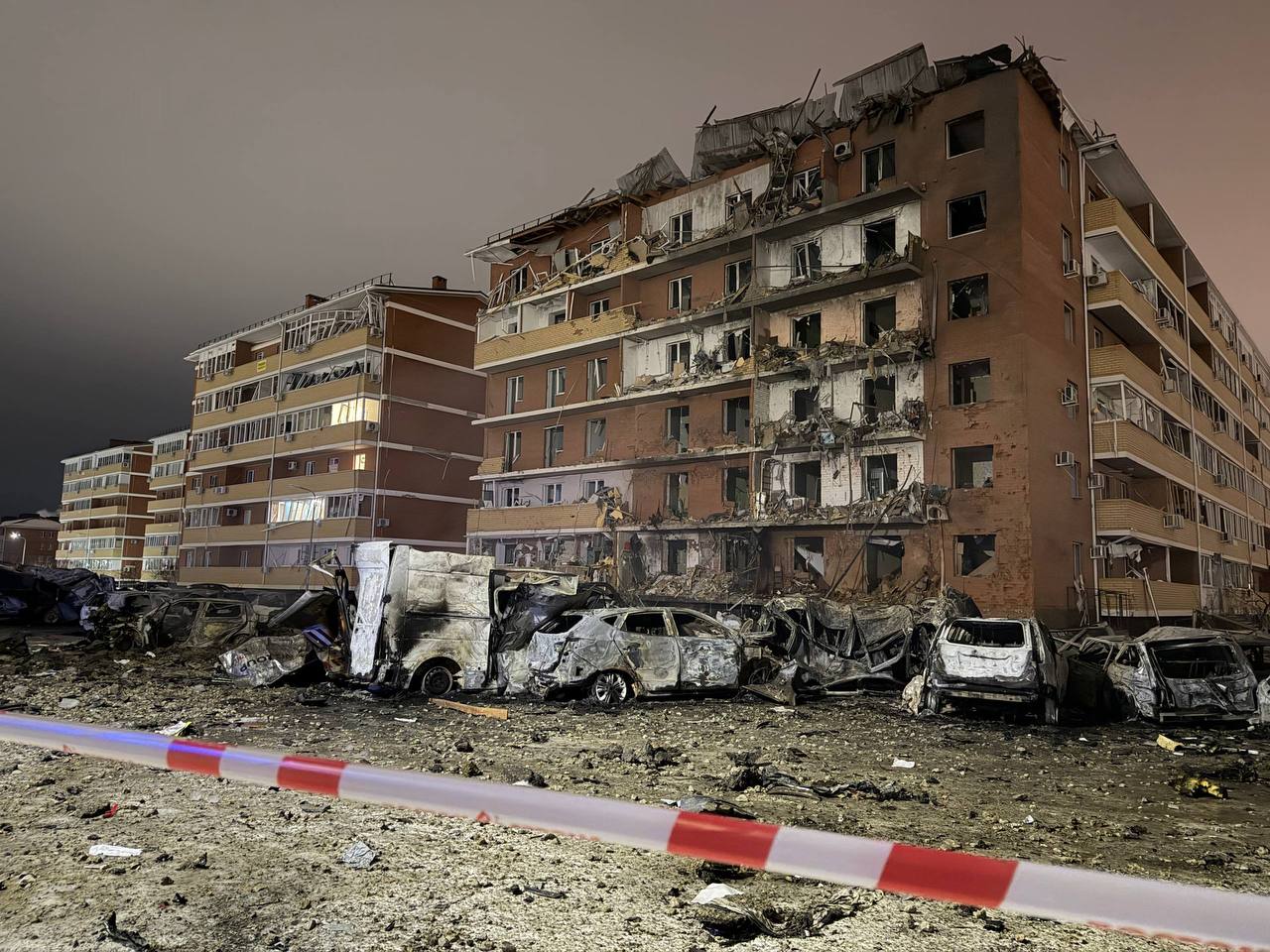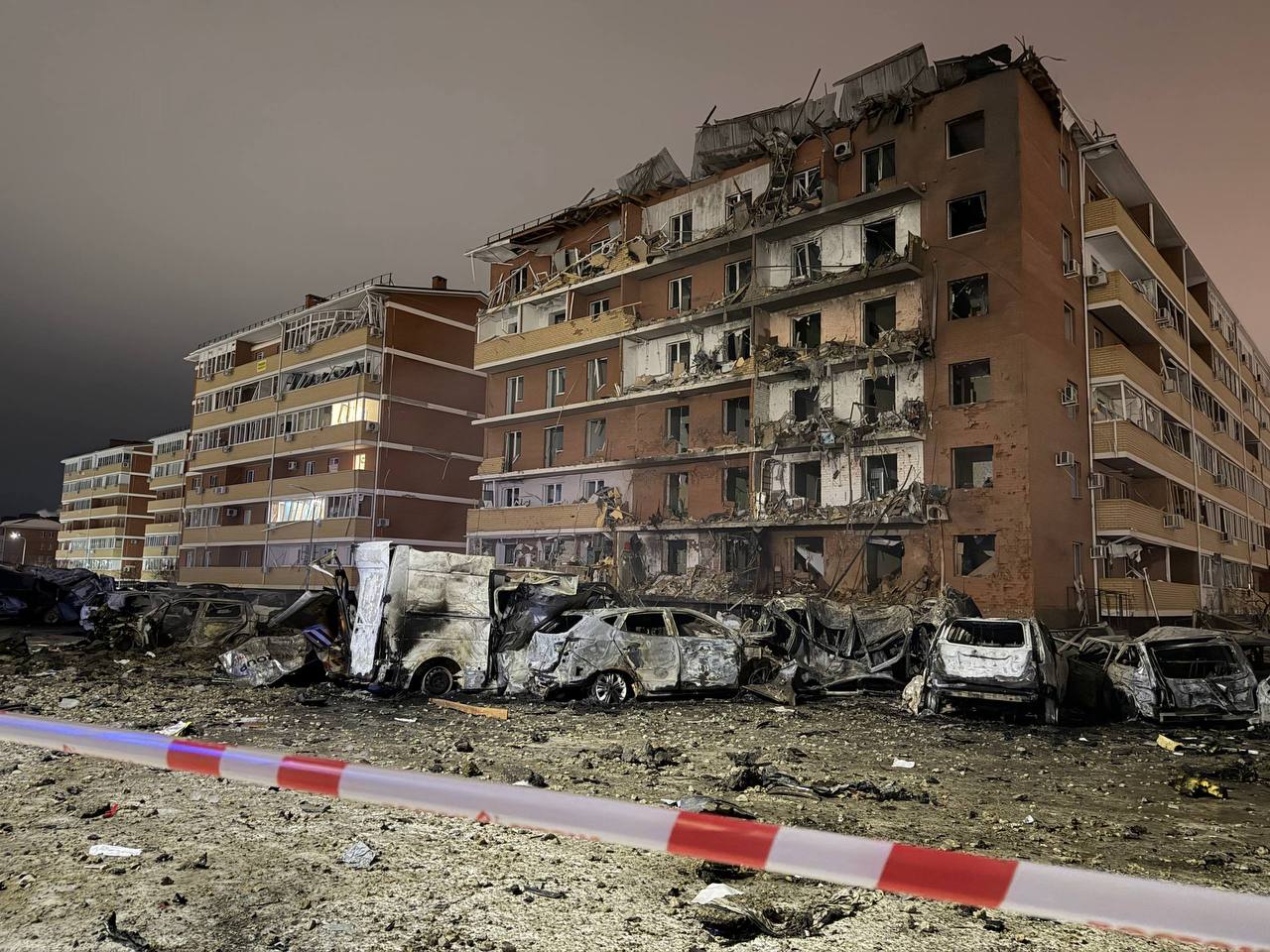The health of Adam Kadyrov, the son of Chechen leader Adam Kadyrov, who was injured in a traffic accident in Grozny, is improving, according to the Agency, citing sources close to the Russian presidential administration and the Chechen authorities.

November 3, 2001
***
At about 10 p.m., in the village of Assinovskaya, masked soldiers attacked the house in which Natasha and her husband Said-Akhmed Khadzhimuradov lived. Having broken down the door, they burst into the room, tied up the couple and demanded that they hand over money and gold. The owner's ring was taken away and her gold earrings were torn out of her ears. Then they searched the house. Not finding anything valuable, they began to beat the owners. Having laid Said-Akhmed on the floor, the military struck him several times on the head with the butt of a machine gun and kicked him. They threatened to kill if the wife did not give them money. A specific amount was also named: $5,000. There were other threats, for example, to pick up the man and return him only for a ransom.
Natasha Khadzhimuradova worked as a doctor in a local hospital, and her husband was a simple peasant, a tenant. They never had much money. The woman tried to explain this to the military, but in response they began beating Said-Ahmed again. Bleeding due to a severe head injury, by this time he had ceased to show signs of life. Most likely, the military considered him dead and left the house, having previously shot the furniture, carpets, gas stove, etc. with machine guns.
Some time after they left, Said-Akhmed Khadzhimuradov came to his senses. With the help of neighbors, he was taken to a rural local hospital. The chief doctor of the hospital, Abdul-Gani Magomadov, examined him and provided first aid.
There are two versions of the attack on this family in the village. The house where everything happened is located on the outskirts of the village next to a former cannery. A military unit is stationed there. Based on this, some villagers suggested that the military broke into the house solely for the purpose of robbery, while others do not consider the incident to be an accident. The fact is that during the July “cleansing” of Assinovskaya in 2001, Said-Akhmed Khadzhimuradov was captured and thrown into a pit on the territory of the military unit. There he was beaten and tortured. During the interrogation, servicemen (not contract soldiers, not special services officers or riot police, but conscripts) used a knife to carve a fascist swastika on his back. This fact has become quite widely known. Human rights organizations cited it as an example of illegal actions towards the civilian population. Fearing that Russian security forces would try to punish Said-Akhmed Khadzhimuradov for his “excessive” frankness, the village residents suggested that he and his wife move to another place. After the “cleansing”, he and his wife lived in several rented apartments and houses. The one that was attacked had only been settled three days before.
***
In the village of Voikova, Grozny, 12-year-old Ilyas Mairbekovich Khamzatov, a native of the village of Tsotsin-Yurt, where he lived with his mother, 33-year-old Laila Khaidova, was mortally wounded. Besides him, there were two more children in the family. He was in the city visiting his grandmother, 52-year-old Khava Khaidova.
Khava Khaidova and Ilyas were on the street when Russian soldiers from a passing armored personnel carrier fired a shot from an under-barrel grenade launcher. Fragments of an exploding grenade hit the woman in the back and shoulder, and the boy in the head. Still alive, he was taken to city hospital No. 9, but doctors advised him to urgently transport the boy to Ingushetia. On November 4, in serious condition, he was taken to the Nazran Republican Hospital and underwent surgery the next day.
However, on November 11, Ilyas Khamzatov died. This is not the first tragedy in this family. On January 31, 1996, the father of the deceased boy, Mairbek Khamzatov, born in 1960, died during artillery shelling of their village. He and his neighbor Dzhamlail Shadidov were standing in the yard when a shell exploded nearby. The neighbor also died from shrapnel wounds.
Left with three young children in her arms, Laila Khaidova lived with her 60-year-old mother-in-law. Meanwhile, her mother and two brothers (20 and 27 years old) were forced to live in someone else’s house in the village of Voikova. Their own housing (Derbentskaya St., 103/1) was completely destroyed during artillery shelling and bombing of Grozny at the beginning of the second war.
From the book “People Live Here”, Usam Baysaev, Dmitry Grushkin, 2006.



